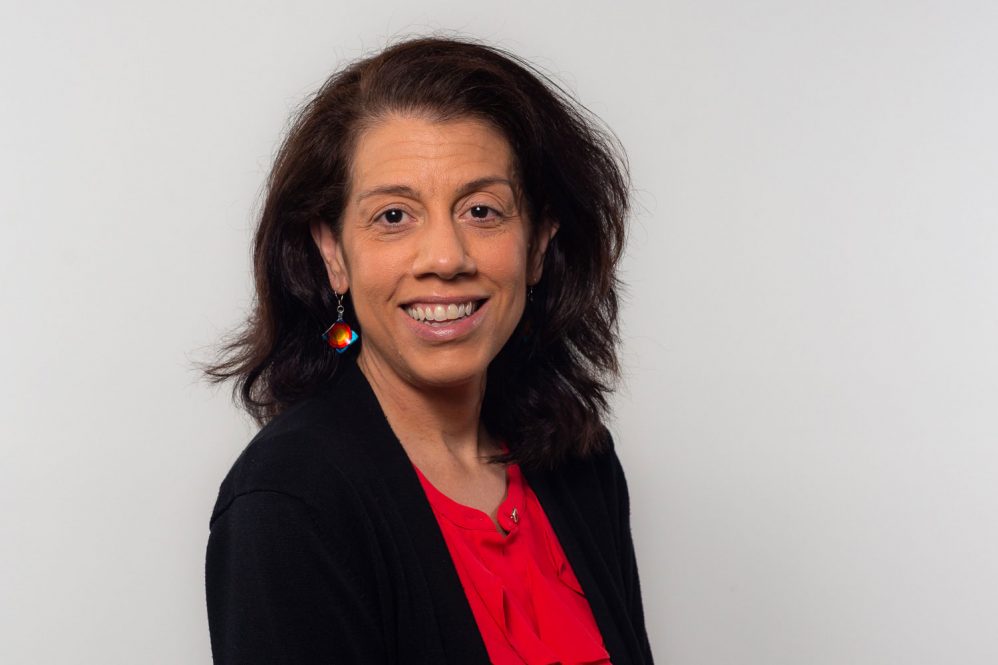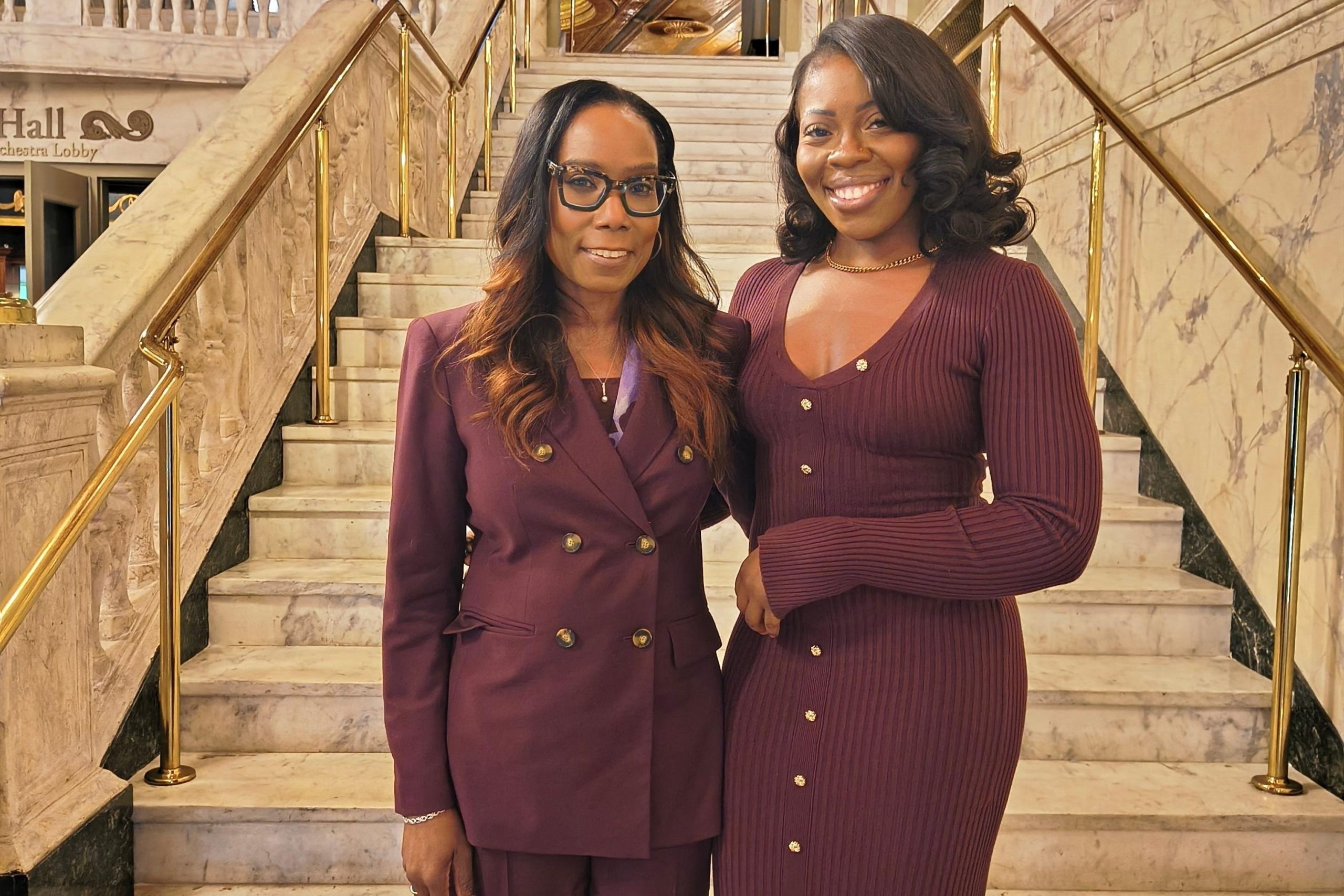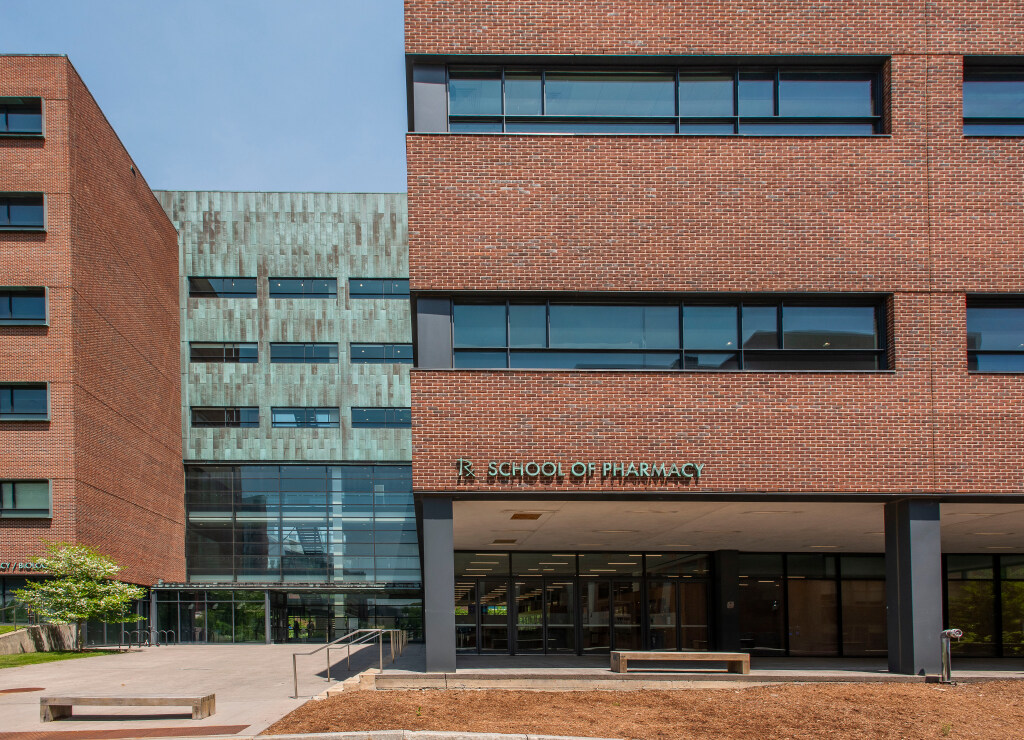Having navigated her way down an academic path that few of Native American descent have traveled, Leslie Caromile, assistant professor in the UConn Health Center for Vascular Biology, wants others from historically underrepresented groups to follow her.
In the context of the UConn Health Graduate School, those historically underrepresented in the biomedical sciences includes Black, Latinx, Native American, Alaskan Native, Pacific Islander, LGBTQ+, and veteran populations.

Herself of Native American descent, Caromile co-chairs the Graduate School’s Diversity and Equity Committee, along with Helen Swede, associate professor of public health sciences. The committee took form late last year to harness, organize, and raise awareness of the efforts the Graduate School is making toward achieving a mix of students and faculty more representative of the overall population.
“There’s a lot going on in the diversity, equity and inclusion realm at UConn Health,” Caromile says. “The Graduate School has several diversity initiatives, diversity programs and diversity accomplishments and outreach programs, and the faculty, staff and students should be aware of all the things that we’ve been doing. And it’s important that prospective students, faculty and staff are aware too, so they know our university has a welcoming, supportive and inclusive culture and makes being fair, equitable, and inclusive a priority.”
In addition to a commitment to hold seminars and panel discussions on topics related to diversity, equity, and inclusion, Caromile hopes to widen the pipeline to biomedical sciences Ph.D. programs. A notable, recent example of this is a five-year grant she and cell biology professor Kimberly Dodge-Kafka secured from the National Heart, Lung, and Blood Institute to establish a summer research program for undergraduates from historically underrepresented groups.
“I am really all about trying to increase the pool of underrepresented students applying to the Ph.D. programs,” Caromile says. “However, strategies to attract and recruit underrepresented individuals to the programs must focus on addressing many of the personal, social, and institutional challenges that they face upon entering these programs. Intentional diversity-focused recruitment efforts for graduate school faculty and staff are critical as well so that prospective underrepresented students have mentors with whom they can identify.”
Caromile is hopeful that the committee’s efforts to establish a seminar series, offer other events featuring diverse scientists, and widen the pipeline further — and raise awareness of those initiatives — will help the university’s overall commitment to diversity, equity, and inclusion.
Learn more about the UConn Health Graduate School’s Diversity and Equity Committee.



